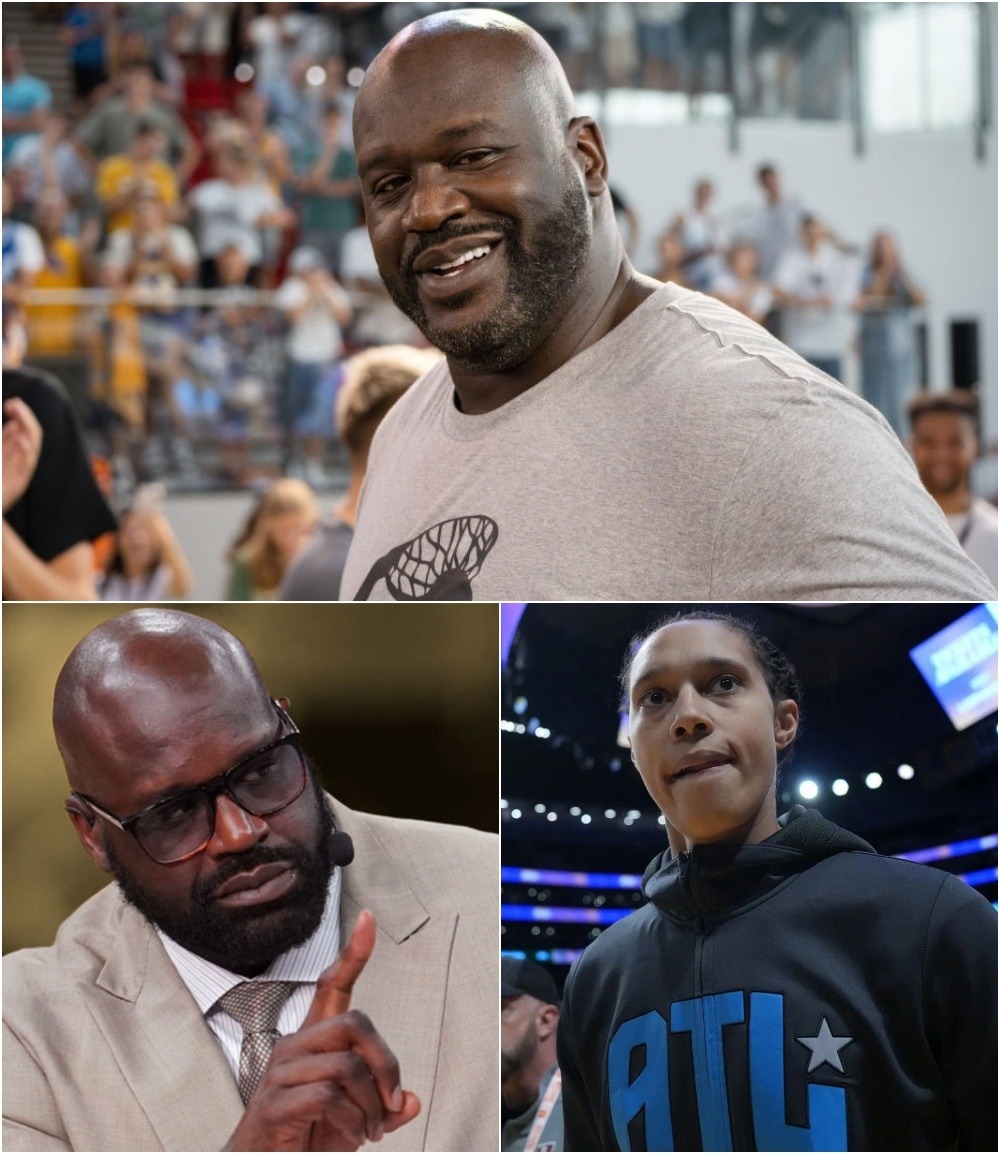In a recent academic debate that promised intellectual rigor, sparks flew when White House Press Secretary Karoline Leavitt faced off against Rep. Jasmine Crockett (D-TX) on a live broadcast from Washington, D.C., on June 1, 2025. What began as a discussion on policy quickly turned personal when Leavitt opened with a pointed jab: “It’s cute how some folks think being loud equals being smart.” The comment, aimed at Crockett’s reputation for fiery rhetoric, was meant to unsettle the Texas congresswoman. Instead, Crockett’s measured response not only defused the tension but turned the tables, leaving Leavitt speechless and the audience in awe.
The debate, hosted by a major news network, focused on economic policy and immigration reform, topics where both women have been vocal. Leavitt, known for her sharp delivery and loyalty to the Trump administration, sought to dominate early with her provocative opener. Crockett, a rising star in the Democratic Party, refused to take the bait. “There’s a difference between confidence and condescension,” she replied calmly, her voice steady but piercing. The studio fell silent, with the audience and moderators visibly struck by the precision of her retort. In that moment, Crockett transformed a personal attack into a lesson on composure and intellect.

Crockett’s response resonated because it reflected her ability to navigate high-stakes moments with grace. Known for her bold critiques of opponents, including calling President Trump a “mofo” on X in April 2025, she chose restraint this time, letting her words cut deeper than any shout could. Leavitt, who has faced criticism for inflammatory exchanges, like her clash with an AP reporter in March 2025, appeared caught off guard, struggling to regain her footing. The exchange, captured in viral clips on X, drew praise for Crockett’s poise, with users posting, “Jasmine didn’t need to raise her voice to win—she owned the room.”
The debate’s turning point highlighted a broader narrative: Crockett’s ability to rise above provocation while maintaining her stance. She pivoted to policy, detailing the economic impacts of immigration with data and personal anecdotes from her Texas district, contrasting Leavitt’s talking points, which leaned heavily on administration rhetoric. Observers noted that Crockett’s blend of facts and authenticity outshone Leavitt’s attempt to unsettle her. “The one who came to lecture ended up becoming the lesson,” a moderator later remarked, echoing sentiments shared across social media.

This moment adds to Crockett’s growing reputation as a formidable figure, recently endorsed by DNC Vice Chair David Hogg as “the type of leader” Democrats need. Her ability to handle personal attacks mirrors her response to false rumors, like the debunked claim that Leavitt told her to “go back to Africa” in April 2025, where she chose “to speak up without screaming.” Leavitt, meanwhile, faces scrutiny for her combative style, with this debate fueling criticism that she underestimates opponents.
As clips of Crockett’s response trend online, the exchange has sparked discussions about civility in political discourse. Her silence after the retort—sharp, deliberate, and powerful—proved more effective than any outburst. For Crockett, it was a masterclass in winning not by shouting, but by letting her opponent’s words unravel. As the 2025 political landscape heats up, this debate cements Crockett’s place as a voice of reason and strength, leaving a lasting impression on all who watched.



